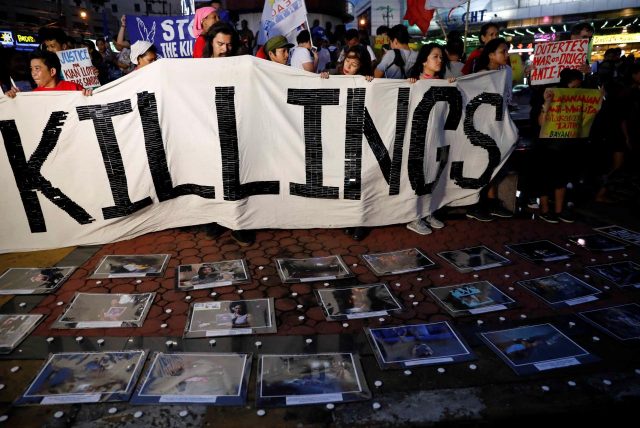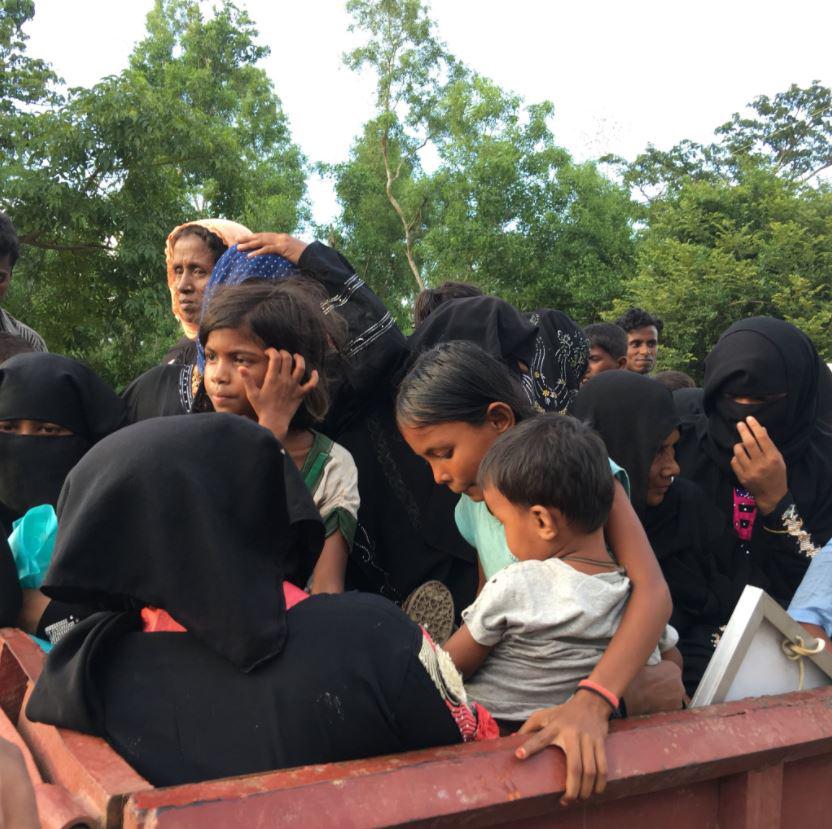 News
News
Cameroon: UN Secretary-General Urges Dialogue to Resolve Grievances
Strongly condemning recent violence in south-west and north-west regions of Cameroon, including reported loss of life, United Nations Secretary-General António Guterres has urged all stakeholders to refrain from any further acts of violence and called on the authorities to investigate the incidents.
In a statement attributable to his spokesperson, the Mr. Guterres urged “political leaders on both sides to appeal to their followers to refrain from any further acts of violence, and to unequivocally condemn all actions that undermine the peace, stability and unity of the country.”
“[He] takes note of the calls by the authorities for dialogue and encourages representatives of the Anglophone community to seize the opportunity in their quest for solutions to the community’s grievances, within the framework of the Cameroonian constitution,” the statement added.
The Secretary-General reiterates the support of the United Nations for such efforts, through the UN Regional Office for Central Africa (UNOCA), the statement noted.
Culled from UN news http://allafrica.com/stories/201710030825.html




